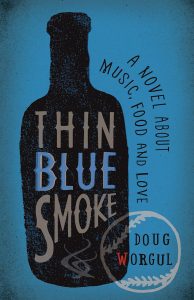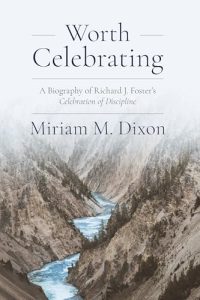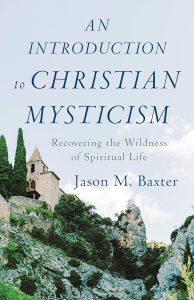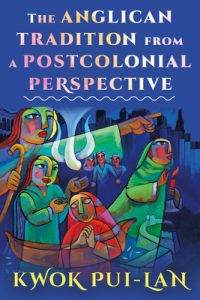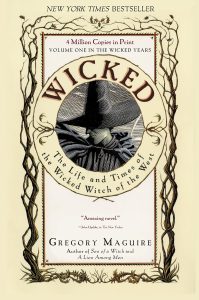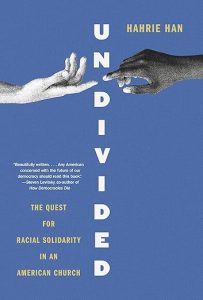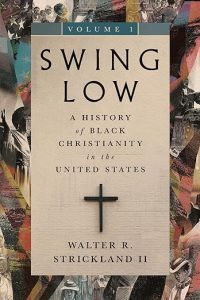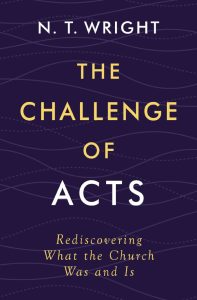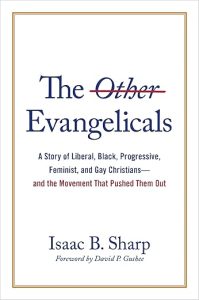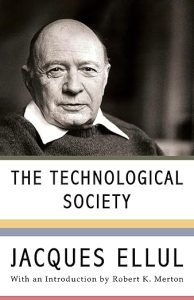 Summary: A dated, but at times quite helpful book on the movement toward modernism.
Summary: A dated, but at times quite helpful book on the movement toward modernism.
I decided to read The Technological Society because of my reading project on Christian Discernment. One of the reasons why there is some resistance to discernment is that some view discernment as a type of spiritual knowledge, not unlike magic, where you seek to negotiate with God or invoke God in your own plans in an inappropriate way. I want to say that yes, I agree that there is a type of discernment that reduces it to magic or an incantation. Ellul, in his exploration of where the idea of technique developed, specifically suggests premodern people’s use of magic was a type of technique. But Ellul, earlier in the book, suggests that the modern idea of technique was developed in parallel to the development of machines. So, while Ellul thought that magic was a type of technique, it was intentionally hidden knowledge so that others would not see the technique in action. With the rise of the machine, the technique was visible and public in a way that magic was not.
The Technological Society was initially published in French 70 years ago this year. It is both eerily prescient and quite dated. When he speaks about early electronic calculators, computer punch cards, or communism, you can see the age of the book. There are many areas where you can see how his comments apply to issues that arose after the book was released. Self Help books and how that technique is applied to the individual is part of his discussion, but I think if he were writing today, it would be an even larger part of the book.
Hannah Anderson has a piece in Christianity Today about self-help and the problems of applying it as an individual. One of the points that she is pointing out is that the problem is not the intention of self-improvement but the method of self-improvement that has moved from opportunity to obligation. Self-improvement as a technique in Ellul’s sense means that we have an obligation to adopt universal ideas and methods, whether they work for us or not, and whether they are a denial of our created limitations or not. Christians are just as susceptible to this denial of limitation when we emphasize how much we can do for God and how extreme we can take our obedience or commitment. Seth Hahne has a thread on twitter about people speeding up audiobooks to consume more instead of enjoying the art of the narration at the intended speed. Which I think is exactly this type of technique for self improvement that is a denial of our humanity and limitation. The discussion that prompted the thread was about pushing listening to the limit of comprehension as a means of consuming to the edge our intelligibility.
